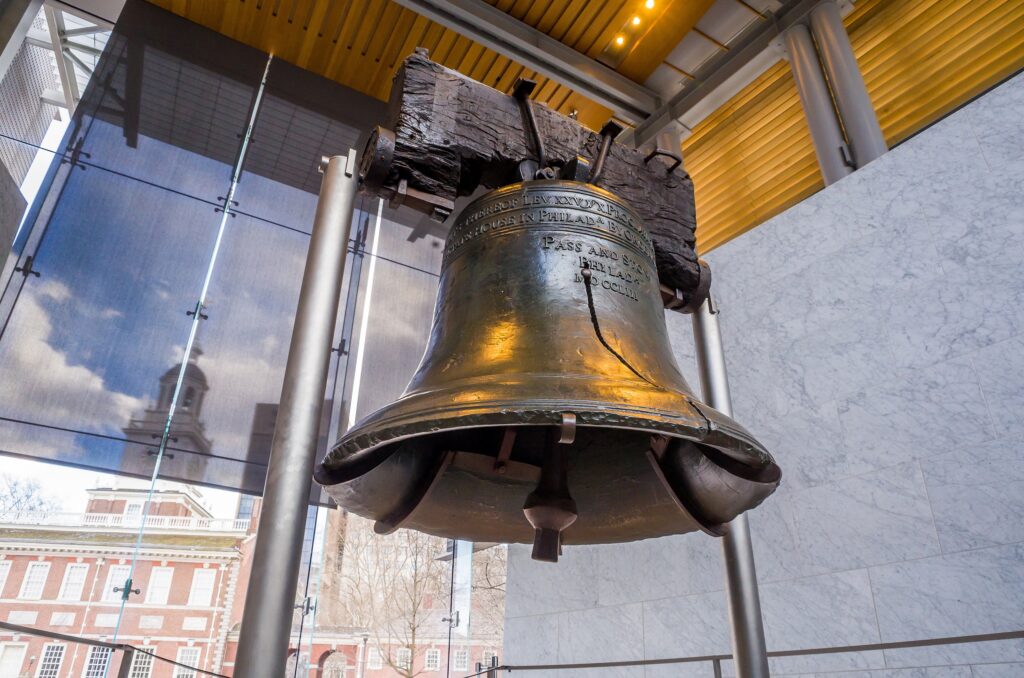Ranked-choice voting can improve presidential primaries
WASHINGTON (Dec. 7, 2022)—A new report published today by resident elections fellow Matt Germer and governance fellow Drew Johnson explores how instituting ranked-choice voting (RCV) in presidential primaries would work in practice, and details why the reform can produce better results than current voting methods.
The authors explore the history of RCV, describe the systems presently used to conduct presidential primaries and explore how RCV could improve outcomes for both the Democratic and Republican parties. They argue that RCV reduces “wasted votes” on candidates who drop out before Election Day, more accurately reflects voters’ preferences, increases candidate legitimacy by requiring broad support from the electorate and allocate delegates more accurately.
Although RCV may feel new to Americans used to winner-take-all plurality elections, it has been used in various capacities around the world since it was first developed in the 18th century. And in the United States, RCV has been adopted by two states, 57 local governments and is used by six states for their military and overseas ballots. In presidential primaries, however, only five states utilize RCV, and this is only in Democratic primary contests.
While RCV is not a cure-all reform, its benefits are manifold and clear. People can vote knowing that if their preferred candidate proves unpopular, their votes will be transferred to their next choices. RCV also helps to reduce the pressure of facing a “binary choice” and provides an opening for independent and third-party candidates to compete. An additional advantage is that RCV fosters positive incentives for candidates by encouraging them to reach as many voters as possible in hopes of being ranked second rather than appealing only to the most extreme voters in a partisan primary.
“While voters are increasingly moving away from formal party affiliation, presidential primary elections have only gained importance over time,” write the authors. “By better reflecting voter preferences,” they conclude, “RCV could lead to more representative results, improve our political culture and help restore the parties as institutions.”








